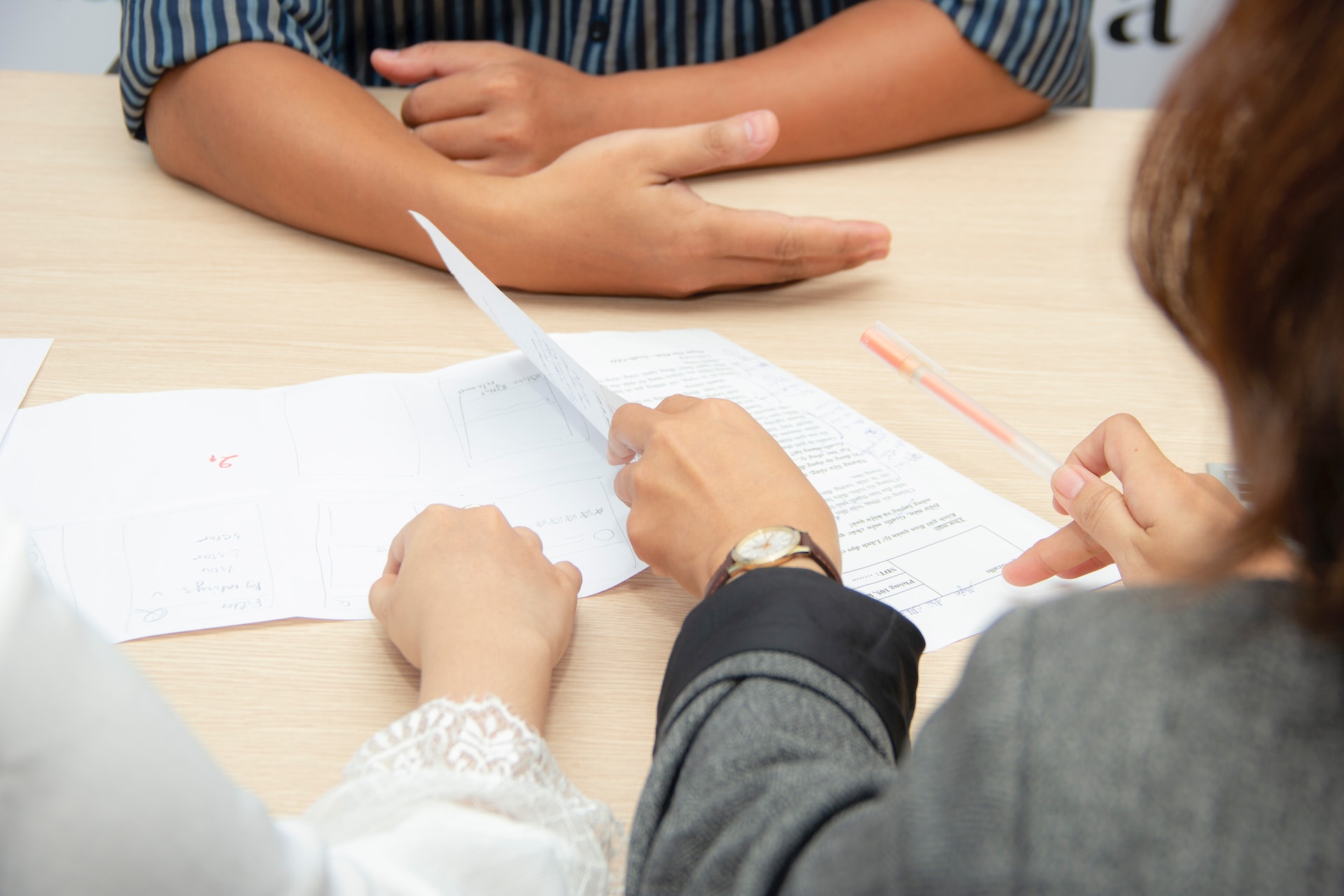Accidents, whether minor or severe, can have lasting impacts on an individual’s life, both physically and emotionally. Making the right decisions in the aftermath can be instrumental in one’s recovery and return to normalcy. Key among these decisions is choosing the correct legal path to facilitate healing and compensation where necessary. Understanding your legal rights and options not only provides a sense of control in these tumultuous times but also safeguards you from potential exploitation and ensures fair treatment. This guide aims to educate and offer insights on determining the best legal course after an accident, ultimately assisting you in making informed decisions towards your path to recovery.
Seek Immediate Medical Attention
Post-accident, your health should be the primary concern. Regardless of the severity, seek immediate medical attention as some injuries may not be apparent immediately but could have long-term effects. Emergency medical services should be called if the accident involves severe injuries. Otherwise, consider visiting a physician for a comprehensive assessment and a detailed report of your injuries. This documentation will prove invaluable in any legal proceedings, providing evidence of damages incurred. Even if you choose to consult personal injury litigation services, medical records are fundamental in establishing the value of your claim. Especially for injuries that require long-term care, seeking medical attention ensures proper treatment and early detection of any complications.
Report the Accident
Contact the necessary authorities and report the accident. In some jurisdictions, this is a legal requirement, and the official report can serve as a crucial piece of evidence if legal action is pursued. Additionally, reporting the accident helps with insurance claims and ensures that all parties involved are accounted for. In cases where the at-fault party flees the scene or refuses to provide their details, filing a police report is essential in identifying them. Accident reports also provide a timeline of events that can be useful in establishing liability and negligence. For more severe accidents, it is advisable to contact a personal injury attorney who can guide you through the reporting process and advise on any legal implications.
Gather Information and Document the Scene
If possible, collect information from all involved parties and witnesses. This includes names, addresses, vehicle information, and insurance details. Take pictures of the scene to provide a clear depiction of the incident. These pieces of evidence can be invaluable in proving fault and damages. If there were any contributing factors to the accident, such as road conditions or faulty equipment, take note and document them. Furthermore, keep a record of all expenses related to the accident, including medical bills, property damage, and lost wages. This information will aid in determining the value of your claim and ensure that all damages are accounted for. If you choose to enlist the help of a personal injury attorney, this evidence will assist them in building a strong case on your behalf.
Contact Your Insurance Company
Inform your insurance company about the accident as soon as possible. Be truthful about the incident and provide them with all the necessary information. Depending on your policy, your insurance company may cover some of the damages incurred. However, it is essential to understand your rights and not accept a settlement from them prematurely. Consult with a personal injury attorney before making any decisions that could affect your legal options. For example, if the at-fault party’s insurance company reaches out to you with a settlement offer, it is advisable to seek legal advice before accepting. A personal injury attorney can assess the offer and determine if it adequately covers all your damages.
Consult a Personal Injury Attorney
It’s essential to understand your rights and legal options following an accident. A personal injury attorney can guide you through the process, inform you of potential avenues for compensation, and represent your interests in any legal proceedings. They have a thorough understanding of personal injury laws and can negotiate with insurance companies on your behalf. Additionally, they will handle all the legal aspects of your case, allowing you to focus on your recovery. Most personal injury attorneys offer free consultations and work on a contingency basis, meaning they only get paid if you receive compensation for your damages.
Keep Records
Maintain a detailed record of all medical treatments, bills, and correspondence related to the accident. These documents will be crucial if you decide to seek compensation for your injuries. Additionally, keep track of any symptoms and how they impact your daily life. This information can help your lawyer determine the value of your claim accurately and provide evidence of any long-term effects. When it comes to compensation, every detail matters, and having thorough documentation can make all the difference. Many personal injury cases can take months or even years to settle, and having a record of all expenses and damages incurred will ensure that nothing is overlooked.
Understand the Statute of Limitations
Each jurisdiction has a time limit for filing a personal injury lawsuit, known as the statute of limitations. Ensure you are aware of this timeframe; missing it could forfeit your right to pursue legal action. This is why it’s crucial to seek legal advice as soon as possible following an accident. The sooner you initiate the process, the more time your lawyer has to build a strong case and gather evidence. Additionally, the longer you wait, the harder it may be to obtain accurate information and recollect important details from witnesses.
Evaluate Settlement Offers
Insurance companies may offer a settlement to resolve the matter quickly. Consult with your attorney before accepting any offer to ensure it adequately compensates for your injuries and related expenses. In some cases, the initial offer may be far lower than what you are entitled to, and an experienced personal injury attorney can negotiate on your behalf to achieve a fair settlement. If negotiations fail, your lawyer will be prepared to take your case to court and advocate for your rights. When it comes to personal injury cases, patience and persistence are key, and having a skilled attorney by your side can make all the difference in achieving a successful outcome.
Being involved in an accident can be a traumatic experience, both physically and emotionally. Knowing what steps to take after an accident can help you navigate the aftermath and protect your legal rights. Seeking medical attention, gathering evidence, contacting your insurance company, and consulting with a personal injury attorney are all crucial steps in ensuring you receive proper compensation for your damages. Remember to document everything and understand the statute of limitations for filing a lawsuit. With the right approach and legal support, you can heal both physically and financially from an accident.


